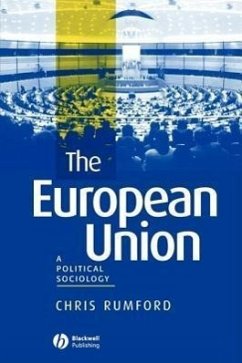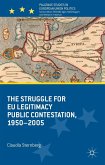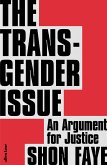The European Union is the first full-length treatment of European integration from a sociological perspective. It redirects the core concerns of political sociology away from nationally bounded societies towards a 'sociology beyond societies', capable of making a valuable contribution to thinking about the nature and problems of the European Union. Within this broad objective, the book concerns itself with such key issues as the relation between the EU and globalization, the nature of the EU state, and the question of whether a European society can be said to exist. The book also addresses crucial policy areas such as unemployment, citizenship, social exclusion, cohesion, core-periphery relations, the "democratic deficit", and enlargement. Students, scholars, and sociologists interested in the history, development, and legacies of the European Union will find this to be a unique and informative text.
Hinweis: Dieser Artikel kann nur an eine deutsche Lieferadresse ausgeliefert werden.
Hinweis: Dieser Artikel kann nur an eine deutsche Lieferadresse ausgeliefert werden.








